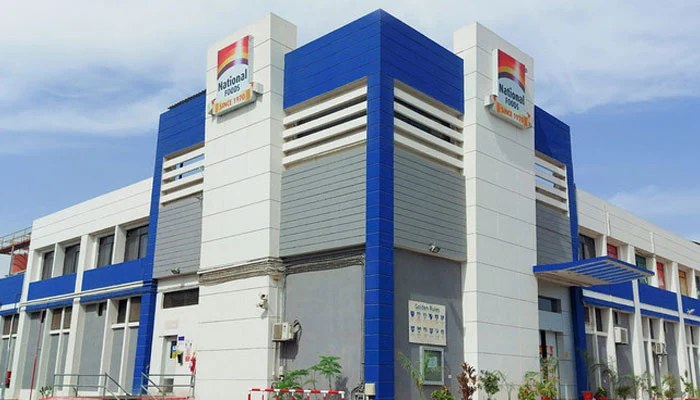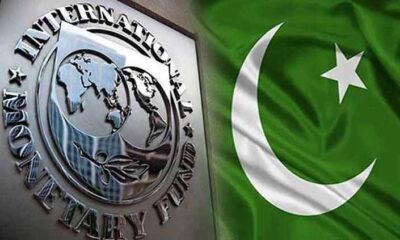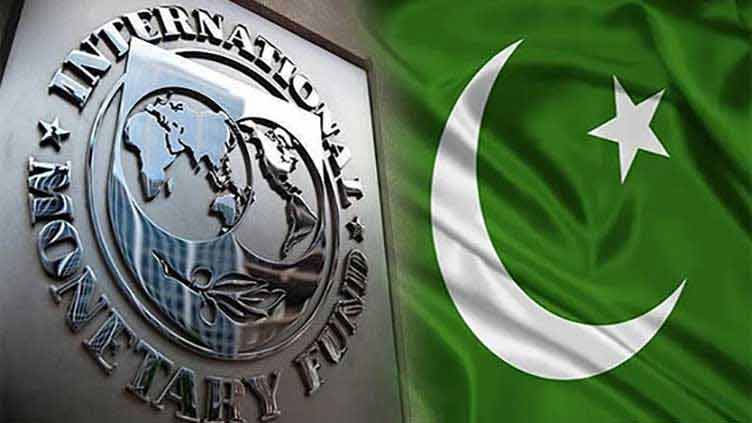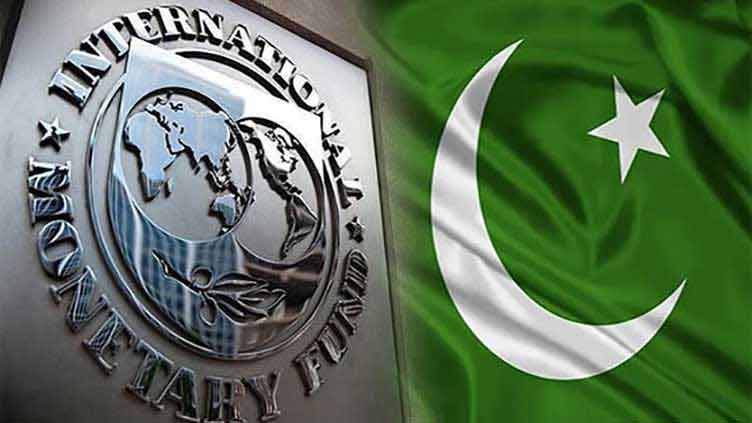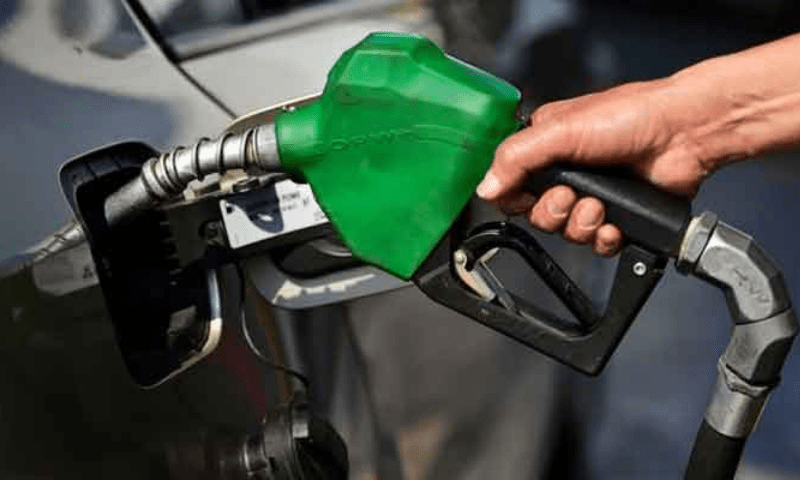- National Foods engages in manufacturing, sale of products.
- Company has been granted with manufacturing licence.
- Seeks to expand access to Middle Eastern markets: CEO.
KARACHI: Pakistani food company, National Foods, has established its first overseas manufacturing facility in Sharjah, United Arab Emirates (UAE), to increase its footprint on a global level and boost exports of edible goods, Arab News reported Wednesday.
According to The News, the company is principally engaged in the manufacturing and sale of a wide range of food products including pickles, ketchup and desserts
The UAE remains the primary overseas geographical market for the company’s products.
“As part of the strategy on international business, the company’s wholly-owned subsidiary ie, National Foods DMCC based in Dubai, has established a further subsidiary namely National Foods (FZE), in Sharjah, UAE,” the company said in a stock filing.
National Foods DMCC, the Dubai-based subsidiary, was formed in 2012 for the Middle East market and has helped expand the company’s global footprint, Abrar Hasan, CEO of National Foods, said.
The company had applied for a manufacturing licence in the UAE, which had been granted, he added.
“Now we will start manufacturing with the purpose of better access to the market particularly, the Middle Eastern markets. This will be the first overseas manufacturing facility,” Hasan told Arab News, adding that the facility would also help in the localization of products.
He said the company planned to expand beyond just Gulf countries and already had a presence in Canada, the UK and the US.
The company’s export sales increased from Rs2.2 billion to over Rs2.4 billion, mainly to the UAE, during the last fiscal year, while exports increased by Rs638 million during the first three months of the current fiscal year, according to a financial statement of the company posted on Pakistan Stock Exchange (PSX).
Share of exports is about 20% of National Food’s total turnover, Hasan said. Local sales remained around Rs40 billion during the fiscal year 2023 as compared to Rs36.6 billion in the previous year, according to the financial statement.
Pakistani analysts based in the UAE said the demand for Pakistani products was on the rise mainly due to the growing Pakistani diaspora.
“Pakistani diaspora is growing in large numbers in Gulf countries and at the same time the demand for Pakistani products is also rising,” Danish Kazi, a financial and political analyst based in UAE, said.

 Latest News2 days ago
Latest News2 days ago
 Latest News3 days ago
Latest News3 days ago
 Latest News3 days ago
Latest News3 days ago
 Latest News3 days ago
Latest News3 days ago
 Business3 days ago
Business3 days ago
 Latest News3 days ago
Latest News3 days ago
 Business3 days ago
Business3 days ago
 Latest News3 days ago
Latest News3 days ago
